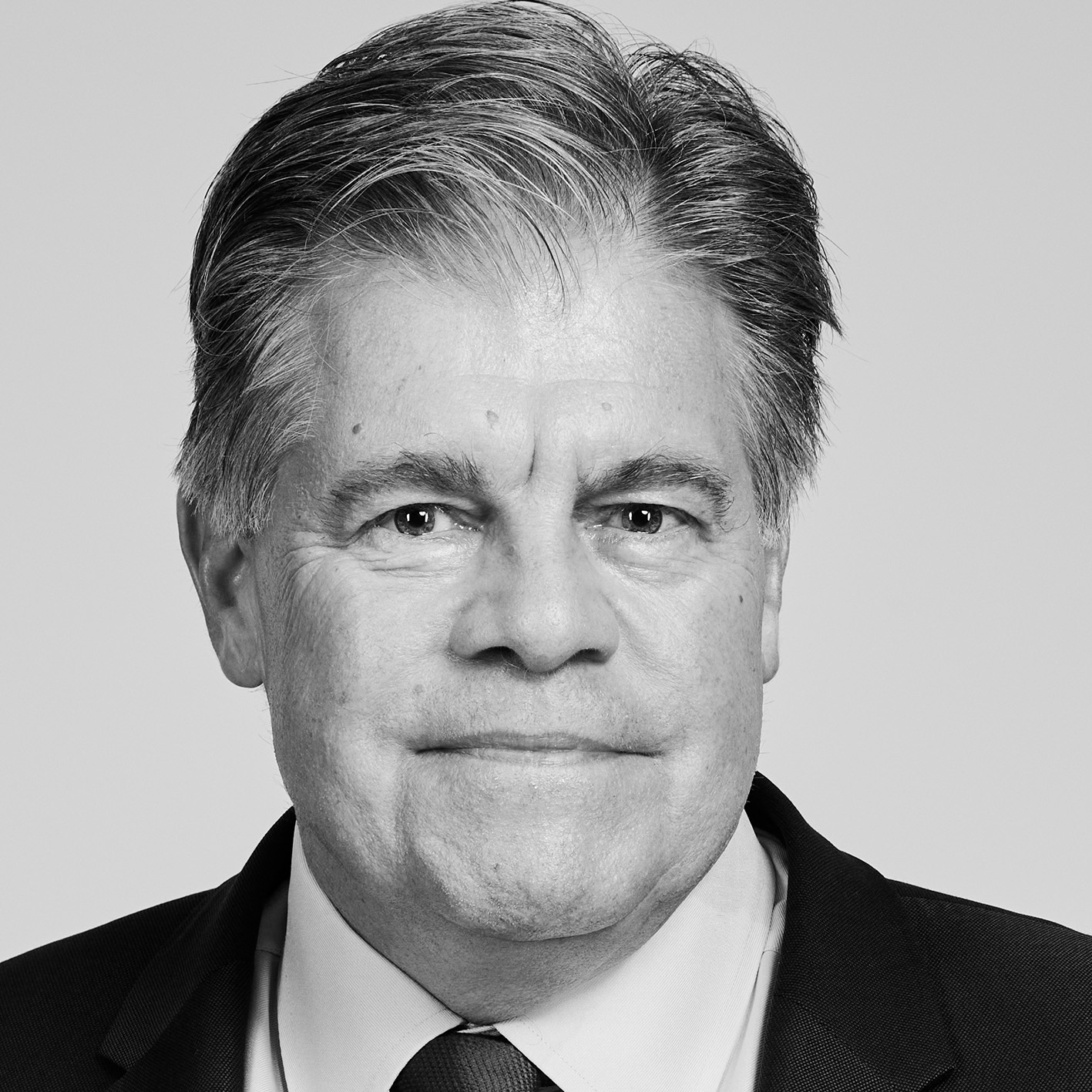We need to update Benjamin Franklin. Nothing is certain except death, taxes and relentless yammering about which ones Rachel Reeves will hike in the autumn. The chancellor has not yet set the date of her next budget, but it is treated as nailed on that she will be coming for more. Cue a cascade of conjecture about where she is going to raise the money.
This is unhelpful to everyone except journalists with airtime and column inches to fill and opposition leaders with voters to scare. Endless budget speculation spreads uncertainty, saps confidence and spooks the public. I think it likely that she will introduce higher taxes on bookmakers, a move that speaks to the puritanical streak in Labour’s soul and has been pushed by Gordon Brown. I’m confident there’s no chance that she will establish a wealth tax. While the idea is very popular among Labour members, it is regarded as nightmarishly unworkable by the Treasury.
Truth to tell, there is no one, including the chancellor herself, who knows the precise shape of what will be in a budget that won’t materialise until the weather is much colder. Even if ministers did know, they can’t rule out this tax increase or that one without opening the flood gates to questions about all the other ones being floated. So they have to squirm and stonewall while voters have their spines shivered about mooted “tax grabs”, many of which will ultimately never see the light of day.
The one merit of all this speculation is that it provokes debate about how the government raises money. Property taxation is suddenly being discussed and this is a potentially promising area for a reforming chancellor. Decent estimates reckon that more than £9tn of household wealth is tied up in property. Homes are hard to hide. Bricks and mortar are tricky to move overseas. This makes taxes on property difficult to evade and easy to collect. It explains why they have been favoured by governments for centuries, going back to around 3000BC when the pharaohs levied them to build their pyramids and pay their soldiers. Taxes on property are a rough and ready proxy wealth levy on the asset-rich. It is also true that the UK’s arrangements are an inefficient and inequitable muddle of often antiquated and unprogressive measures. We are in dire need of a chancellor on a mission to modernise.
A popular suggestion is that she should abolish stamp duty
A popular suggestion is that she should abolish stamp duty
One idea doing the rounds is to rake in more from capital gains by removing the long-standing exemption on the sale of primary residences worth more than £1.5m. That would be a bold change. It might be lucrative for the exchequer. It might also implode house transactions. It would certainly be hugely contentious and highly complicated to calculate fairly. Would gains be indexed against inflation since the original purchase date? Would the cost of improvements be taken into account? Since the family home has always been exempt, consider me sceptical that many people have kept the invoices for renovations and extensions, new kitchens and refurbished bathrooms that have been bought over the years. It would be ferociously unpopular with a large swathe of voters, especially in the south of England and other parts of the country where £1.5m doesn’t buy you anything that resembles a mansion. The tax would be swervable by staying put rather than moving. It would be a disincentive to downsize when one of our problems as a country is that we have too many older people living in houses larger than they need and too many younger ones battling to find somewhere suitable to live. I am struggling to find anyone at the top of government who thinks the chancellor is seriously contemplating such a high-risk step. If she goes for it, I’m a banana.
A much more popular suggestion is that she should abolish stamp duty, the tax on property transactions. Detractors are correct to lament that it gums up the housing market and impedes labour mobility. The snag is that it is a reliable revenue-raiser for the Treasury, bringing in more than £11bn last year. This is not going to be a giveaway budget. So scrapping or refettling stamp duty can only happen if the money forgone is made up with tax rises elsewhere.
The ripest candidate for reform is council tax, the levy that helps finance local authorities. It was invented in a hurry in the early 1990s, when John Major’s Conservative government was hurtling towards an election and desperate not to meet the voters until it had found a replacement for Margaret Thatcher’s loathed poll tax. Council tax is still based on the value of your property in April 1991. If your home was built later, it is based on an estimate of what it would have been worth then. Valuations more than three decades old make it risibly out of date. It has become extremely arbitrary and ridiculously regressive. There is a manifest absurdity to a family living in a two-bed flat in Barnsley paying out more in council tax than a billionaire dwelling in a four-storey palace in Belgravia.
More radical ideas are available, such as a land value tax
More radical ideas are available, such as a land value tax
Politicians of many parties have long known that council tax needs either replacing or overhauling. During the coalition years, the Lib Dems wanted to add extra valuation bands to end what they called “the outrage” of those living in a £50m home paying the same as people in a £500,000 home. George Osborne, the then Tory chancellor, told Nick Clegg he’d be up for that in exchange for Lib Dem support for a cut to the top rate of income tax. The deal was almost done when it was vetoed by David Cameron on the grounds that Tory donors wouldn’t like it. Ed Miliband ventured a “mansion tax” on properties worth more than £2m at the 2015 election and was blamed by some senior Labour figures for scaring Londoners by threatening them with a “punishment tax”. Since then, timorous politicians have allowed reform to languish in the “too difficult” box.
A relatively modest change would update valuations and bands to reflect the changes in house prices since 1991. More radical ideas are available, such as a land value tax or applying a proportional property levy. Modernising the way we tax homes can’t be done in a hurry and won’t solve Ms Reeves’s immediate problems. But if she wants to build a reputation as a reforming chancellor, here is an excellent candidate for her attention.
Photograph by Jonathan Brady/Getty
Newsletters
Choose the newsletters you want to receive
View more
For information about how The Observer protects your data, read our Privacy Policy

